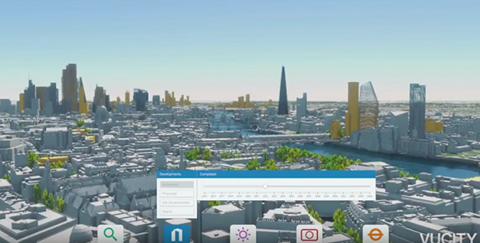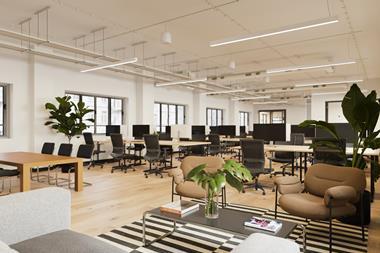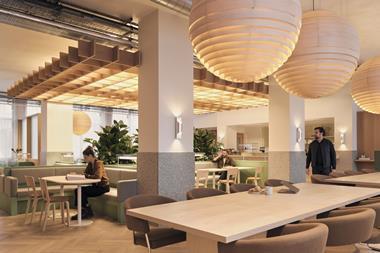Today’s workplace environment increasingly reflects the interests of millennials as shown by the recent growth of flexible workspace providers – and with good reason, by 2025 three out of four office workers are projected to be born during the period that defines millennials.

There are very few areas of our lives that haven’t been permanently altered by technology. Apps have enabled more and more of our lives to be controlled by the press of a button, while artificial intelligence is doing everything from creating art to making investment decisions.
Admittedly, the pace of change has not been evenly spread across the economy. Some sectors have willingly embraced disruption, while others still seem stuck in the past.
Sadly, the property industry appears to be the latter. While there has been a lot of hype around proptech, the fact is outside a few home gadgets; the proptech revolution has yet to really take off.

Like many emerging sectors, the proptech world is all too often filled with buzzwords and clichés that do little to shed light on what technology will change, and how it will tangibly improve the lives of developers, operators and – most importantly – the public.
There has rightly been a lot of debate recently on why construction needs to ‘modernise or die’, but the truth is the whole built environment needs to innovate if we are to face the major challenges of the 21st century: climate change; mass migration and an ageing population.
Collaboration is key
The Urban Land Institute’s (ULI) first ever tech conference, which took place at Ashurst’s offices recently drove that message home. A key takeaway message was collaboration is key. Data sharing platforms will be fundamental to building a more open, transparent and collaborative market, bringing stakeholders together to form lasting partnerships, and our own capital is leading the charge.
More broadly, visualisation technology will bring a new level of insight to the property sector. Virtual reality walkthroughs allow us to walk down corridors that are yet to be built and to understand the layout of regeneration schemes before the ground has been broken. Being able to experience what the future holds in the present gives planners and developers the ability to build better.

While there were plenty of gizmos on show at the conference, the resounding message from all the speakers and panelists was, despite the massive potential of proptech, you need to develop lasting partnerships between stakeholders and have a clear vision of what you want to do for it to have a meaningful impact.
Technology will help us build better, smarter cities that allow us to live and work without tarnishing the chances of our children and grandchildren. But without the foresight, the funding and the courage to be bold in the decisions that shape our cities, the property sector will fail to realise the true potentials of technology.





























No comments yet